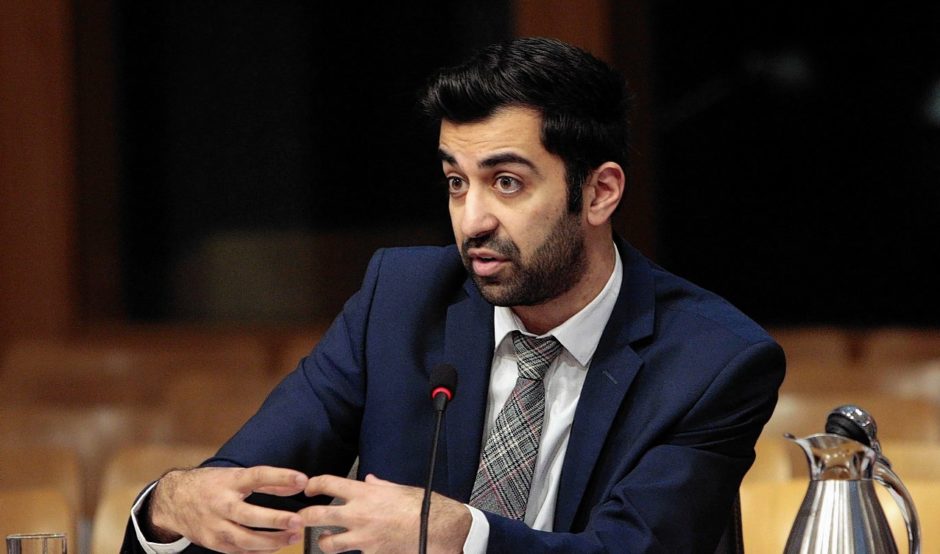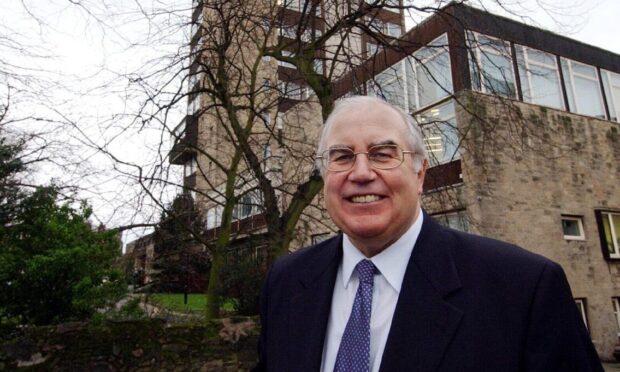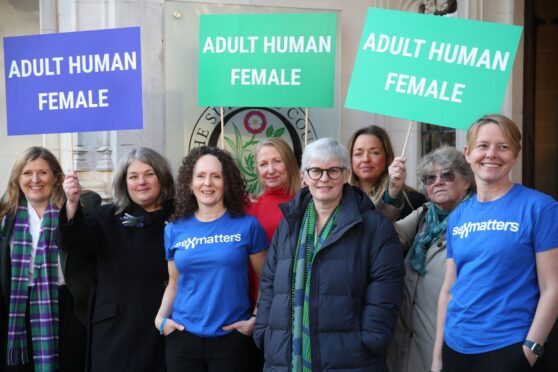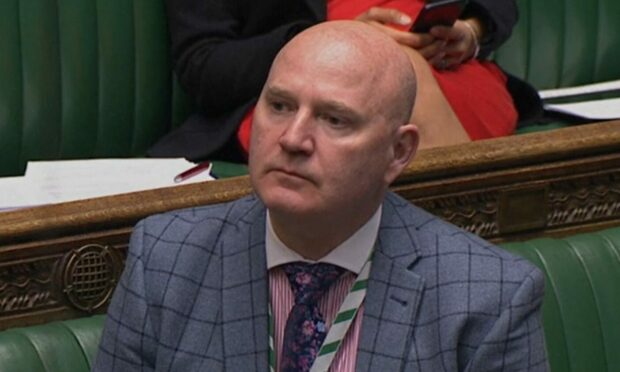No travellers have been hit with fines for breaking controversial coronavirus quarantine rules in Scotland since they were introduced – and ministers have ruled out introducing electronic tagging.
Justice Secretary Humza Yousaf revealed the “high levels of compliance” while giving evidence to Holyrood’s health committee on Tuesday.
He said about 3,200 people had arrived in Scotland since the regulations were introduced on June 8, and about 18% had applied for exemptions.
The border rules were set by the UK Government, but devolved administrations are responsible for much of enforcement and compliance.
They required people arriving in the UK to self-isolate for 14 days, and rule-breakers can face a £480 fine in Scotland, which is lower than the £1,000 penalty in England.
However, Chief Constable Iain Livingstone has already said he had “reservations” about the impact of enforcing the rules, and that he viewed the role of Scottish police as that of a “backstop”, taking action only if specific complaints have been made.
There are two potential offences: one relating to a failure to fill out a passenger locator form and another for a breach of self-isolation.
On the former, Mr Yousaf said: “That is done by Border Force. So far, from the work the Border Force has done in Scotland, there has been no need to issue any fixed penalty notice.
“That would suggest high levels of compliance. In fact, Border Force tell us that levels of compliance for those coming off flights in Scotland has been very, very high indeed, so that is good to hear.”
On breaches of quarantine, he added: “Again, the message coming from Police Scotland has been that the self-isolation compliance has been very high and, again, they haven’t issued any fixed penalty notices with regards to a breach of self-isolation.”
Health committee convener Lewis Macdonald asked Mr Yousaf about the tagging approach used in some other states, such as Hong Kong.
The minister said: “It’s not something that I have considered, or we have considered here in Scotland.
“I think, one, the compliance is high, so I am not sure there is a need to go there.
“I suppose, secondly, the connotations we have in Scotland around electronic monitoring, I am not sure people would take well to being tagged and electronically monitored.”
He added: “But I don’t think it is necessary or proportionate at this time, but we always keep these measures under review, but tagging is certainly something we’re not looking at currently.”











